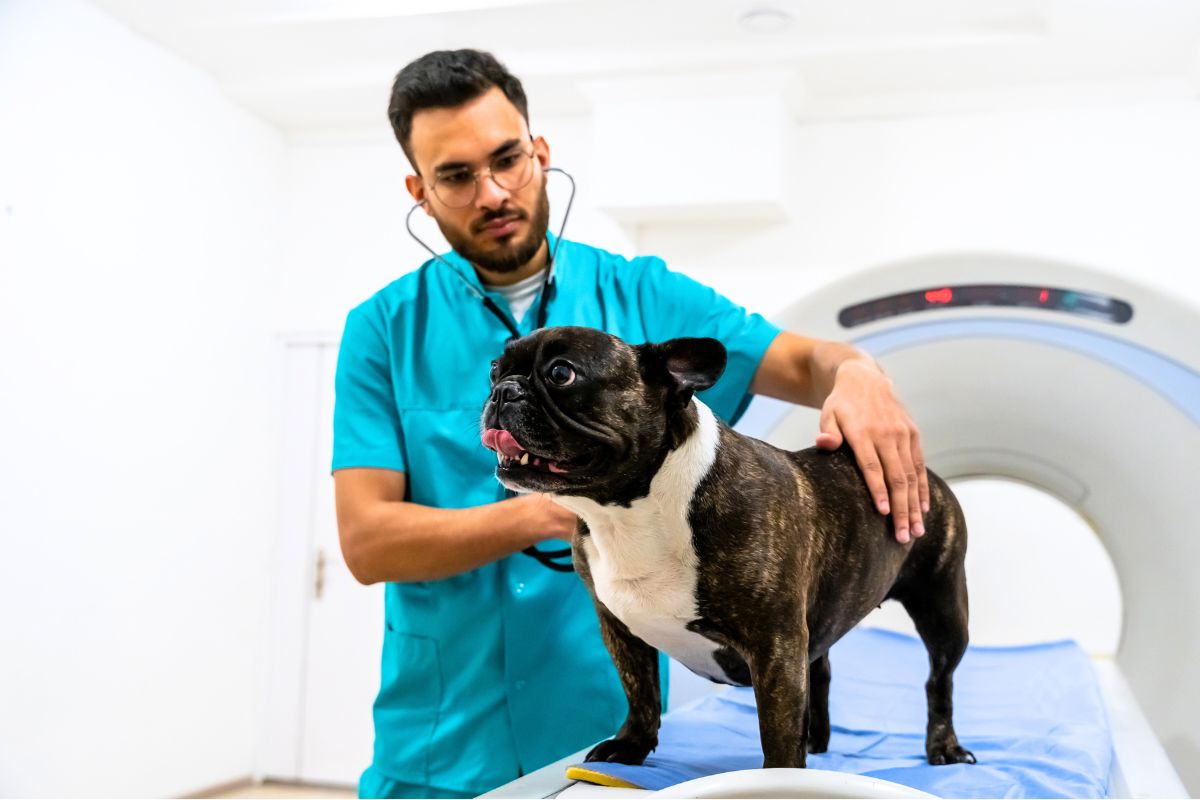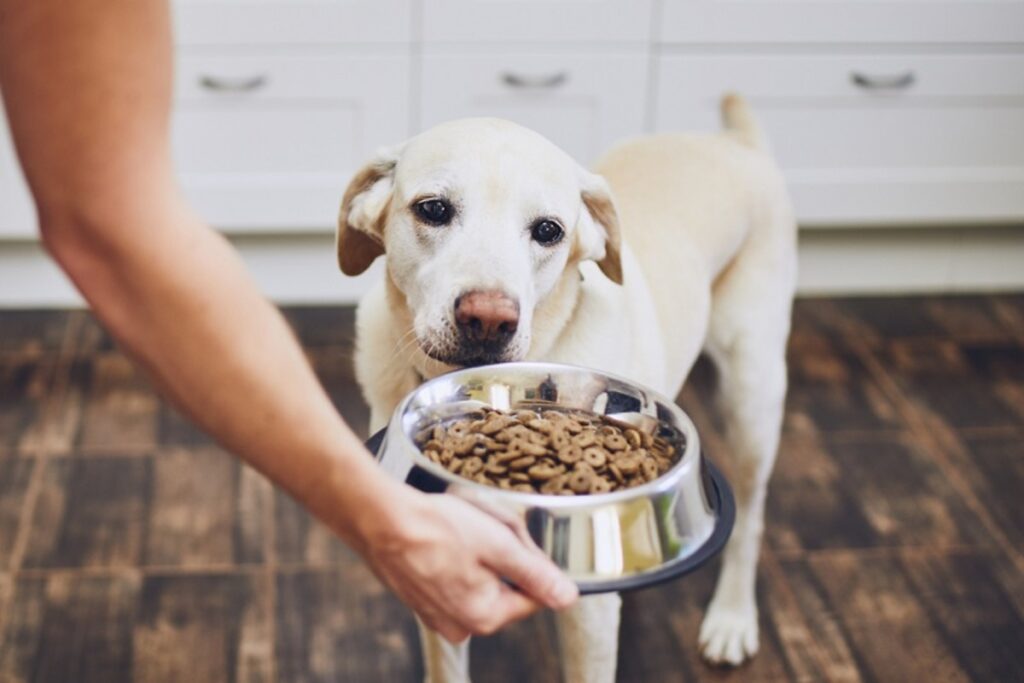Why a Top Veterinarian Is Warning Dog Owners Against This Trend ?

We all want the best for our dogs. They’re not just pets—they’re sofa buddies, walking partners, and the reason our phones are filled with more animal photos than of actual family members. It’s only natural to want to treat them like royalty, and for many, that includes cooking homemade meals with all the care and seasoning (or lack thereof) we’d use for a toddler’s dinner.
But here’s the rub: what feels like an act of love might be more complicated than we realise. According to top veterinarians, this growing trend of feeding dogs home-cooked food could be doing more harm than good—especially when done without proper guidance.
The dangers hiding in your dog’s dish
The idea of rustling up chicken and rice for your pup might sound heartwarming, and if you’ve ever had a poorly pooch, it might even be part of your go-to remedy. But turning that into an everyday meal plan? That’s where things get tricky. Experts are raising the alarm on the risks of nutritional imbalances, especially when these meals lack the crucial vitamins and minerals dogs need.
Veterinary professionals have seen the effects first-hand—dogs developing everything from digestive issues to serious conditions like bladder stones or bone disorders, all linked to diets that are too heavy on one thing and too light on another. One vet, speaking anonymously, described cases where loving owners unintentionally put their dogs at risk with recipes they thought were healthy.

One size doesn’t fit all (especially in kibble)
Just like people, dogs come with their own dietary needs. A young, bouncy Labrador is going to need very different fuel than a snoozy old dachshund with a heart murmur. Breed, age, size, and health all play a role in what’s right for them.
Yet many homemade dog meals are built around limited ingredients—think chicken, rice, and maybe a bit of veg. It sounds fine on paper, but over time this sort of repetitive diet can lead to deficiencies, especially in calcium, essential fatty acids, and certain B vitamins. Not to mention, ingredients like garlic or onions (which sneak into human food all the time) can be toxic to dogs, even in small amounts.
A vet’s help is worth its weight in dog biscuits
The takeaway? If you’re set on going the homemade route, don’t go it alone. Veterinary nutritionists or your local vet can help you build a safe and balanced plan tailored to your dog’s needs. There are even calculators and apps these days that can help guide portions and nutrient ratios—but they’re no substitute for professional advice.
Alternatively, many premium dog food brands now offer recipes with wholesome, recognisable ingredients, saving you the prep work while still delivering everything your pup needs. It’s worth considering if you want the best of both worlds: nutrition and convenience.

Feeding with both love and knowledge
Of course, the intention behind the homemade meal movement is lovely. But when it comes to your dog’s health, well-meaning isn’t always well-balanced. So before you tie on that apron and start sautéing liver or mashing lentils, have a chat with your vet. Because the goal isn’t just a happy mealtime—it’s a happy, healthy life that lasts as long as possible.
And if you do happen to slip your dog the odd roast potato or leftover carrot? Don’t worry. A little human touch here and there never hurt anyone—as long as it’s done safely.
Loading...

